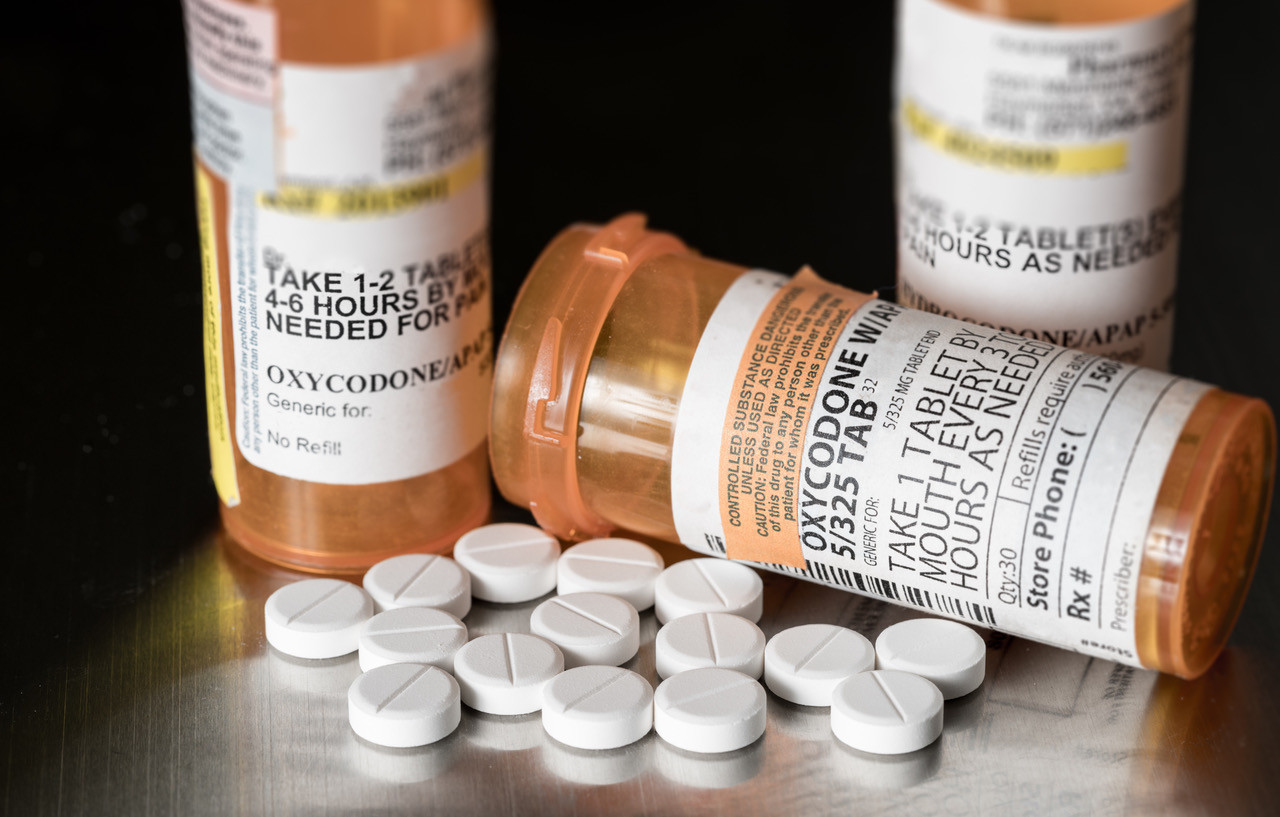In December 2020, the Centers for Disease Control and Prevention (CDC) released provisional data showing a distressing trend: drug overdose deaths are on the rise. Over 81,000 overdose deaths occurred in the United States in the 12 months ending in May 2020, the most ever recorded in a one-year period. Their analysis suggested there has been an uptick in overall drug overdose deaths during the COVID-19 pandemic.
As Opioid Use Disorder in the U.S. Soars, Making a Difference Grantees Suggest Ways to Improve Treatment

Synthetic opioids, especially illicitly manufactured fentanyl, have been the main driver of increased drug overdoses. The death rate from Opioid Use Disorder has remained at an epidemic level for several years, with up to five deaths every hour attributed to opioid abuse; that number increased 38.4% from the 12-month period leading up to June 2019 compared with the 12-month period leading up to May 2020. During this same period, nearly every state reported increases in opioid overdose related deaths, and 10 western states reported a dramatic 98% increase in opioid deaths.
The opioid epidemic has been made worse by the COVID-19 pandemic. Social distancing measures make it difficult for those struggling with addiction to find the help and support they need. Hospitals have had to refocus most of their attention on COVID-19, making fewer doctors and resources available for addiction treatment.
Some of the Foundation’s Making a Difference Grantees are working to address some of the most complicated bioethical problems associated with this national public health emergency:
- People suffering from illnesses relating to opioid misuse, including those who have overdosed and been brought to the emergency room via ambulance, often refuse medical care. This puts medical professionals in the difficult position of choosing whether to respect a patients’ wishes by allowing them to leave the hospital instead of forcing them to stay to receive appropriate and potentially life-saving care. Kenneth D. Marshall, MD is researching patients who are resuscitated with naloxone and then transferred to the emergency room, where they frequently refuse a period of observation. Dr. Marshall and coauthors have published their findings in the Journal of Emergency Medicine. In addition, Dr. Marshall and his colleagues have outlined the ethical implications of offering medication-assisted treatment in the emergency department, and their positions were endorsed by the American College of Emergency Physicians national ethics committee.
- Opioid addiction is a serious problem that cannot always be treated by medical intervention alone. Defeating addiction often requires a joint effort by community support systems, including spiritual, psychological, legal, and medical practitioners. What stands in the way of cooperation between clinicians and community stakeholders responding to the opioid epidemic, and how can these obstacles be overcome? Faculty Scholar Alum and Making a Difference grant recipient Farr Curlin, MD is working on research to better understand how communities address opioid addiction. His project has two aims: first, to describe the barriers to institutional collaboration among those responding to the opioid epidemic; and second, to create policy recommendations for effective collaboration in efforts to stem the epidemic. In partnership with a consortium in southern Appalachia, Dr. Curlin’s ongoing research project will offer practical resources for clinicians and communities struggling with the opioid epidemic across the nation.
- Opioid epidemic responses have been developed without patient input, risking limited impacts, unfair benefits distribution, and erosion of public trust. Elizabeth Evans, PhD is working on an ongoing study exploring shared decision-making as an ethical response to the opioid epidemic. For example, there has been a rise in the use of big data to design initiatives to battle the public health crisis, often without adequate input from patients and impacted communities. In a paper published in BMC Medical Ethics, Prof. Evans and coauthors provide ethical guidance on using big data in ways that protect and respect patients and society, ensure justice, and foster trust in public institutions. In a paper published in the Journal of Law, Medicine and Ethics, Prof. Evans and coauthors examine the ethical issues raised by using involuntary civil commitment to treat opioid use disorder. Dr. Evans’s continuing research aims to empower opioid use disorder patients and community stakeholders to consider issues of shared decision-making, involuntary civil commitment, and how to appropriately use big data.
More work on the opioid epidemic and other bioethics issues by our Making a Difference grantees can be found here.